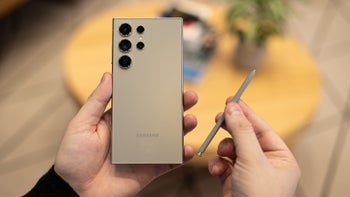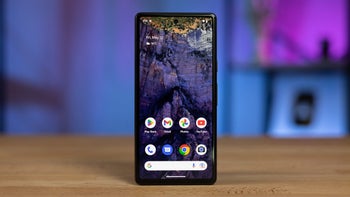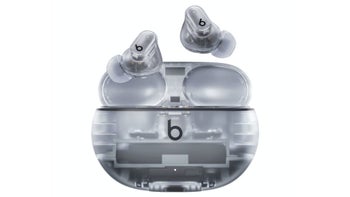New batteries to recharge in seconds?!

It is incredible where technology can lead us to. The wireless devices have improved so much over the last few years that someone could hardly say this was expected. Still, one element has not been referred to as often as the others. Have you noticed how everything is different now, except for the batteries? Batteries have just grown more powerful, but there hasn’t been any groundbreaking technology to actually change how today’s batteries in phones work. However, this may soon go down to history, as a new manufacturing method for lithium-ion batteries is under development, which may be able to make batteries smaller, lighter and most importantly, very quickly chargeable.
Lithium-ion batteries are widely used in consumer electronics, such as handsets, laptops and so on, but they have a significant drawback - long charge times. However, Gerbrand Ceder, at the Massachusetts Institute of Technology, and his colleagues used a computer simulation to examine how ions and electrons move in a different environment, which is a variant of the standard lithium-ion material, called lithium iron phosphate. The test has showed that the ions are moving really fast in the new environment, but there was a problem, related to how ions pass through the material.
It seems like this new technology is worth researching, since lithium iron phosphate is also cheaper. Until now, standard lithium cobalt batteries have been paid more attention, because of their ability to pack more power for a certain weight. But we are also aware that they as well lose their capacity to charge over time, which isn’t the case with lithium iron phosphate. Moreover, the actual changes in the manufacturing process should be relatively few, so we might really see the new batteries in two or three years.
source: BBCNews
Lithium-ion batteries are widely used in consumer electronics, such as handsets, laptops and so on, but they have a significant drawback - long charge times. However, Gerbrand Ceder, at the Massachusetts Institute of Technology, and his colleagues used a computer simulation to examine how ions and electrons move in a different environment, which is a variant of the standard lithium-ion material, called lithium iron phosphate. The test has showed that the ions are moving really fast in the new environment, but there was a problem, related to how ions pass through the material.
It seems like this new technology is worth researching, since lithium iron phosphate is also cheaper. Until now, standard lithium cobalt batteries have been paid more attention, because of their ability to pack more power for a certain weight. But we are also aware that they as well lose their capacity to charge over time, which isn’t the case with lithium iron phosphate. Moreover, the actual changes in the manufacturing process should be relatively few, so we might really see the new batteries in two or three years.
source: BBCNews










Things that are NOT allowed: